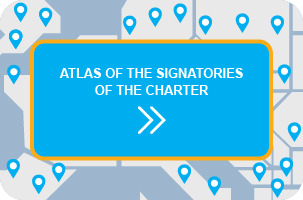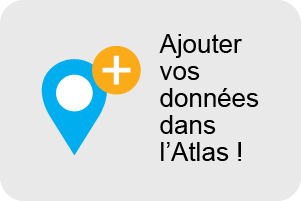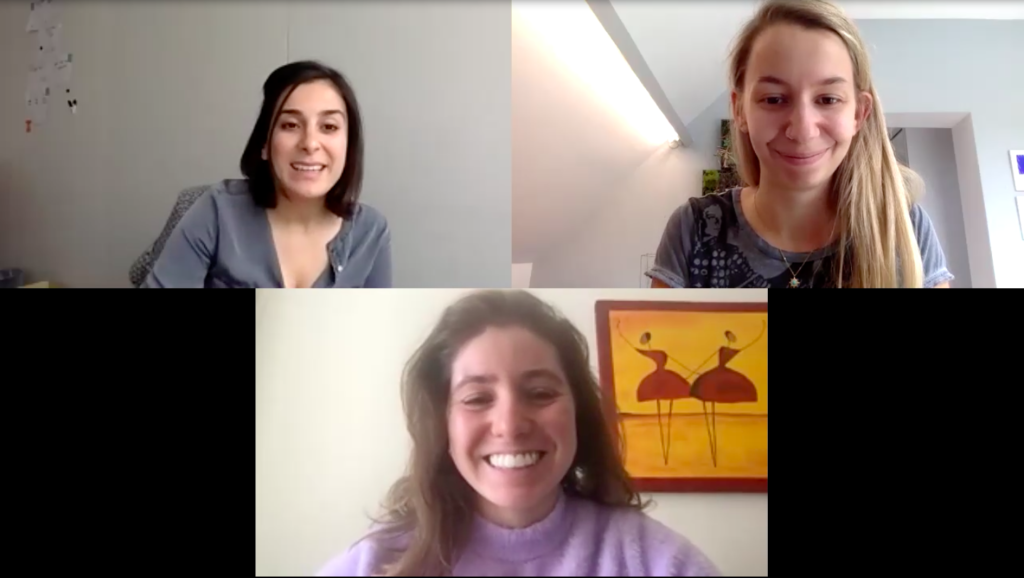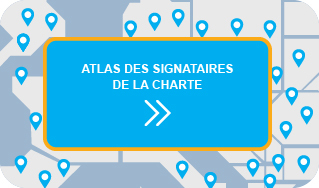Transforming cities and towns: gender equality in urban planning
When Soumaya Majdoub, back then an independent advisor for business federations working on entrepreneurship, found herself to be the only woman at the decision-making table of several organisations she was working with on the issue of mobility in the city, she realised something was off and needed to be fixed. Before starting her PhD in demography in 2018, she worked for many digital incubators and accelerators, and saw a lot of initiatives on women in business, in tech, or in digital … but what about women in urbanism?
This is how she came up with the initiative Women In Urbanism, incubated within the Urbanpreneurs, the urban knowledge lab she founded to give new insights on entrepreneurship, innovation and urbanism into daily practice. Through Women in Urbanism, Soumaya is looking to shake up the status quo: public spaces are not a given that we have to deal with, but rather they were grown from an ideology, a certain perspective, and this perspective can and should be changed. Taking inspiration from the current debates on this issue in countries such as the USA or New Zealand, Soumaya is hoping to succeed in bringing this issue to the attention of European decision-makers.
What is the project about?
Starting with the city of Brussels, this project aims first and foremost to inform policy makers, who sometimes struggle to connect with the realities in the field. To this end, the project adopts the Five Area Participation approach, which ensures that the political, educational, economic, cultural and environmental areas are all being taken into consideration in the set-up, the evaluation, the implementation and the dissemination of the project.
In the coming months, a series of events will take place, targeting policy makers and open to the general public, to reflect, educate and bring together different initiatives from Brussels and other cities abroad and draw inspiration from them. Through these events, Soumaya is hoping to obtain sufficient input from the women who give shape to the public space and from those who suffer the consequences of non-inclusive urban planning in their daily lives. In fact, the aim is to involve women as early as the design phase of the project: Women In Urbanism is about participation and representation.
These women will decide which topics and best practices need improvement or will be dismissed, with the aim of obtaining in the end a list of well-defined problems which will be the object of a series of “creathons” and hackathons. The solutions found will then be formulated in a series of policy recommendations which will be presented with a gender impact assessment tool that policy makers can use when conceptualising urban policies. In the end, the best and “worst” practices will be put into a publication and the project will start again in another city.
Why is it interesting for local and regional governments?
It has become undeniable that cities are not suited to the needs of women. Having been created by and for men, urban spaces are not as neutral as one might think. Le Corbusier himself had a 1m80-tall man in mind when he developed Le Modulor, a standardised human silhouette used as a reference for designing housing. It is therefore essential today that local authorities grasp the importance of urban planning as a tool to forward gender equality and inclusion.
Who is involved?
So far, this project is being built by a team of architects and experts in urban planning, gender and sustainability policy including Raquel Teixeira dos Santos, Mélissande Boyer, and Emilie Alexandre. The project has the support of several ministers and public administration off of the Brussels Region, such as urban.brussels, equality.brussels and perspective.brussels. They already gathered several public partners in different areas and countries although the global pandemic has made it hard for them to network and connect with other interested organisations. Nevertheless, they are hoping that things will slowly come back to normal in the next few months so they can start meeting face to face with people again and promote their project.
Today, they are really interested in learning from their sisters in other cities and their goal is to build a community and have a pool of volunteers carrying out the project.
If you’re interested in joining or knowing more about the project, visit their website!
By Romane Seas
















